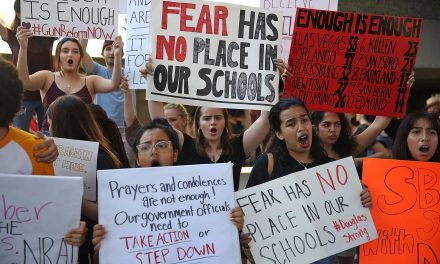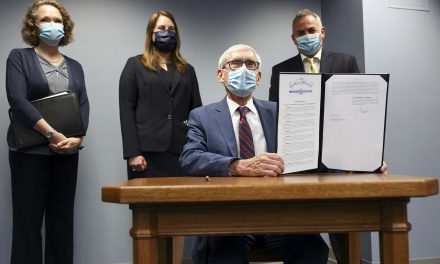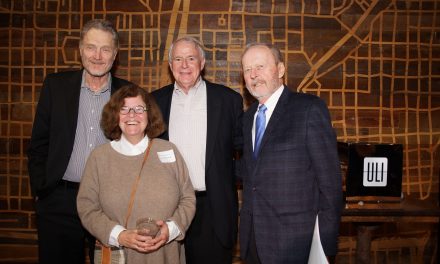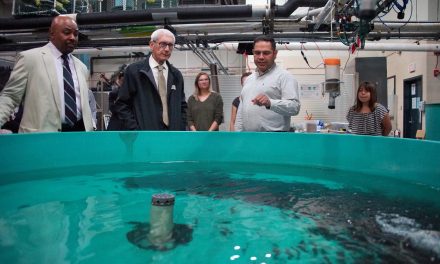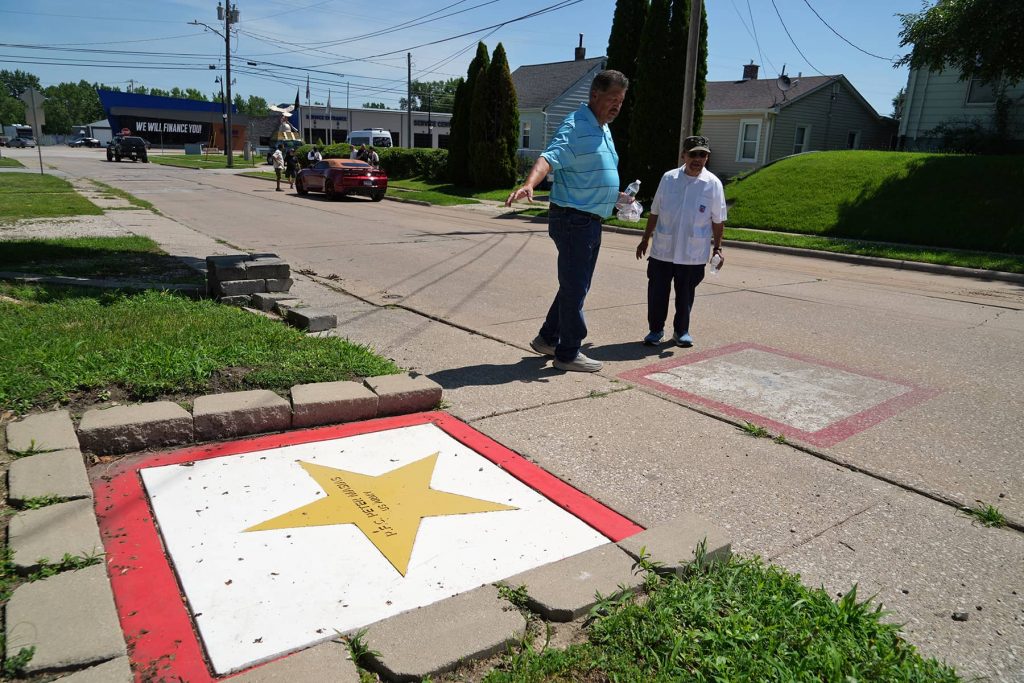
“We the People” believe we live in a democracy and have a say in how our lives are governed. Yet when elected officials do not support the overwhelming mandates that people clamor for on issues of safety and common humanity, serving instead the special interests of their political benefactors, the bitter truth is hard to swallow.
People usually care in proportion to how they are personally impacted, not the altruistic idea that if one suffers we all suffer. While in some ways a necessity, the selfishness runs counter to what America stands for – and its often proclaimed Christian foundation.
Anyone who has experienced a relationship broken by infidelity should understand the feeling of betrayal, and the mess of processing that reality. It is an analogy that can be applied to the society we have grown up with for the last half century.
It is not a perfect analogy, nor is this an extensively perfect explanation of the situation. But it presents a visual framework to explain some of the logic behind an abstract concept.
When two people become involved with each other, all their interactions are based on some level or expectation of trust. When one person tells the other about having to work late, or the need to go shopping all day, or that a sick friend needs some help moving things, those are all accepted as truth. There would be no reason to doubt.
Over time, there may be clues, little telltale signs that stories were not aligning with evidence. How those red flags are accepted or denied varies on the circumstances. Often times, if a partner is cheating, it is done with such tradecraft that the actions are unknown.
But it illustrates a situation where one person is functioning under the belief of living in a healthy and loving relationship, while the other is secretly betraying that person by being with someone else – for whatever the reason.
Reality can hit unexpectedly, like when papers suddenly arrive asking for a divorce, or one partner walks in on during the cheating partner’s intimate encounter. Sometimes it can be an accumulation of all the little things that did not add up. Whatever the path that was taken, when the truth arrives it is a powerful disruption to the very fabric of the relationship. Much like a poison, it seeps into memories which unravel their belief structure.
All those nights working late were actually spent with someone else, or there was no sick friend, or things too hard to imagine and accept because they hurt so deeply. In the aftermath of this discovery, how people reconcile the knowledge that years of a relationship were not what they appeared also brings a heavy social stigma.
How could one person be so blind as to base their life on lies and expectations that were not true? The acceptance process in such a situation can involve forgiveness and repair, but this is based on the assumption that the cheating partner seeks redemption and reconciliation.
Often times the break is unrepairable. How can the person who cheats be trusted to not cheat again in the future? The jilted person maybe moves on alone, embarking on a journey of healing. Some run into relationships to mute the pain, others avoid relationships to avoid being hurt again. Many are stuck in an unhappy limbo where they relinquish control of their life and let situations dictate the future so they can avoid making decisions. Whatever the path, processing the truth is a very real journey.
When we define patriotism in Milwaukee, during the Vietnam War there were loyal young men fresh out of high school who felt their duty was to fight in the conflict. There were also patriotic youth just starting college who felt it was their duty to push for peace by protest. Both positions were in diametric opposition, and often faced violent conflict with each other. However, both sides had a different view of how best to protect the nation and make it better for everyone.
Such a division of sides was not the case a hundred years prior, when two opposing sides decimated the nation to either preserve the inhuman institution of slavery or preserve the Union to ensure freedom and liberty for all who lived on American soil.
On a theological level, there is similar rift in society today, that has split families and the nation. Both sides are in opposition, but both sides are not driven by making the country better for everyone. One set of facts is not viewed from two different lenses. There are two polar opposite sets of information, each believed to be fact.
During the Civil War, the prayers of soldiers from both sides called God to support their righteous cause. While we are not at war today in the streets of Milwaukee, God is still called upon to validate two opposing agendas for our society.
The political divisions that run like a fault line through families and lifelong friendships has created an awakening, rooted in what the nation stands for, and what we as citizens have patterned our life on.
In white communities, individuals were taught about the goodness and fairness of the American Dream. In black communities, individuals experienced daily that such hopes were unlikely because of their skin color. Both views of America were learned and experienced, and formed two realities that did not share the same truth.
In the age of being “woke,” which is to wake up and acknowledge the imbalanced realities of our society, the effect can be as jarring as the cheating lover analogy. Veterans have faced this situation for years, particularly regarding Vietnam. Many of America’s brightest youth joined the military, as their patriotic ancestors had done for generations, to protect their nation. After serving their tour in Southeast Asia, many veterans joined the anti-war movement and marched on Washington DC to demand an end to the war. Some felt betrayed, others disillusioned by the experience. It was a clash between their idealism and the stark realities they were forced to accept.
This is the toxic culture we struggle with today, seeing the foundations we grew up with crumble under the weight of truth. In a land founded on the words that all “men” are created equal, clearly our social norms do not support this. While there is a vast part of society that holds to this ideal, other elements support, promote, and enable an unjust and unequal formula. Not just to help themselves, but to leave a scorched earth so others cannot experience life, liberty, and the pursuit of happiness.
It is a hard reality to live with, believing in your heart that friends, family, and civil leaders all strive to make the world a better place – as is preached in the predominate American faith of Christianity. Only later to see the truth after a lifetime of wearing blinders, that we have been cheated and there is no hope for redemption. People who cling to segregated communities do not see the loss of what unified community would have provided them. So focused on protecting their turf and denying others, they robbed themselves of mentors, muses, inspirations, and transformative experiences that all would have come with an economic benefit.
Many people say that today is a dark time. While it is in its own way, the view usually illustrates a previous blindness. The darkness has always existed, they just never had to experiences hardships that made the darkness noticeable. America has been “going to hell in a hand basket” every generation. But that is like watching old movies in black and white, when social restrictions prevented a married couple from being seen sleeping in the same bed, or hearing people swear, or terrible crimes. It was not a more simple time, but the realities of society were not well presented by the entertainment and media industries.
And much like learning about a partner who has betrayed our trust by cheating, denial does not ease the dagger of hurt that cleaves our heart. Even the cheating partner, from their perspective, feels their actions were justified. And their friends and family will see them as a victim, regardless of how responsible they were for damaging the relationship. So as a local community that struggles to de-segregate and enforce social justice, it is a long road for healing that may be beyond our very nature to accomplish. We are taught as children to value the truth, but not how dangerous it is. As adults, we calculate the cost of truth, in acceptance or denial or who it is altered to fit a narrative that makes us feel the perception of safe.
“Dad, I’m sitting here today in the US Capitol talking to our elected professionals is proof that you made the right decision 40 years ago to leave the Soviet Union and come here to the United States of America in search of a better life for our family. Do not worry. I will be fine for telling the truth.” – Lt. Col. Alexander Vindman, a National Security Council Director

